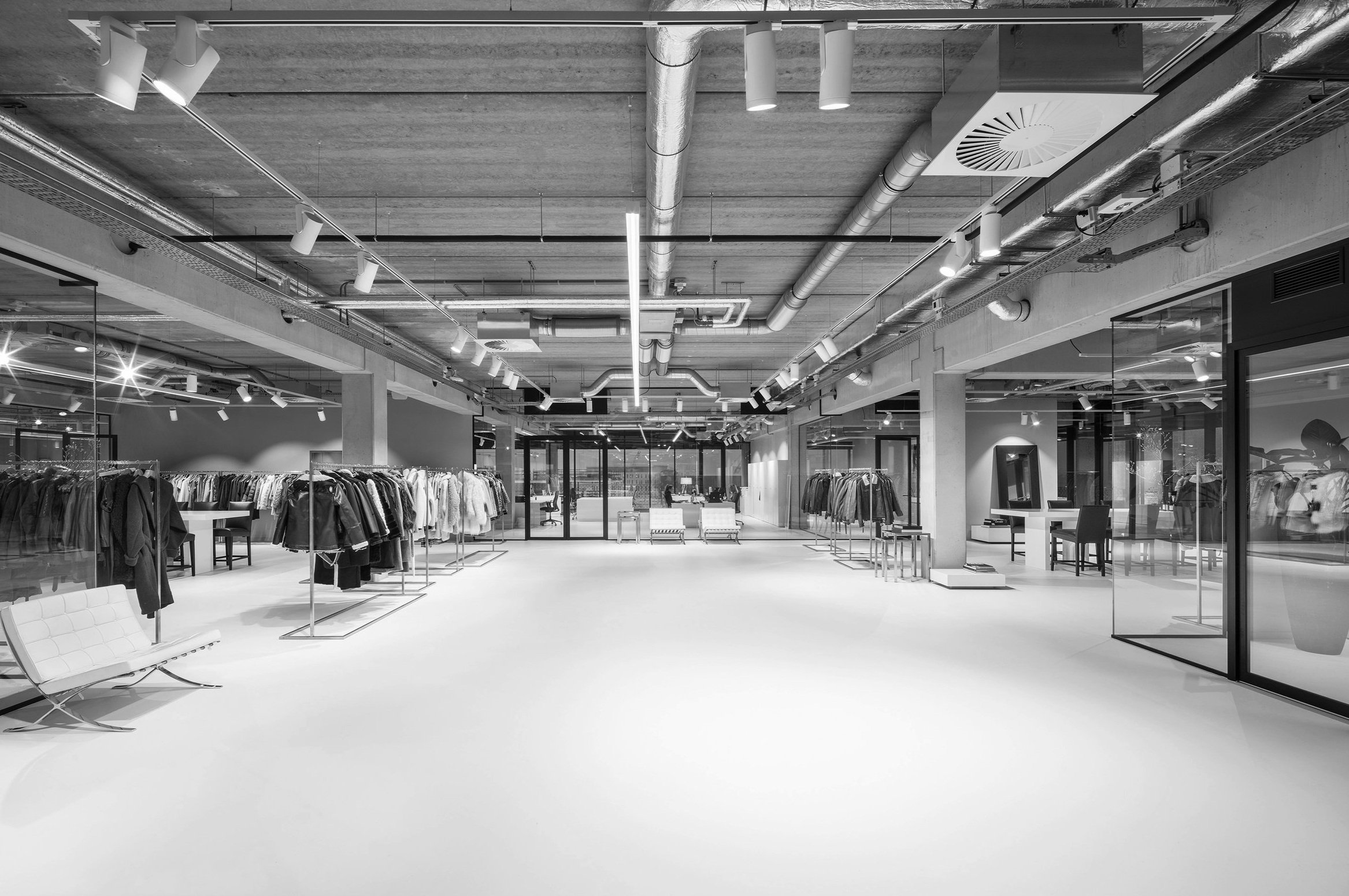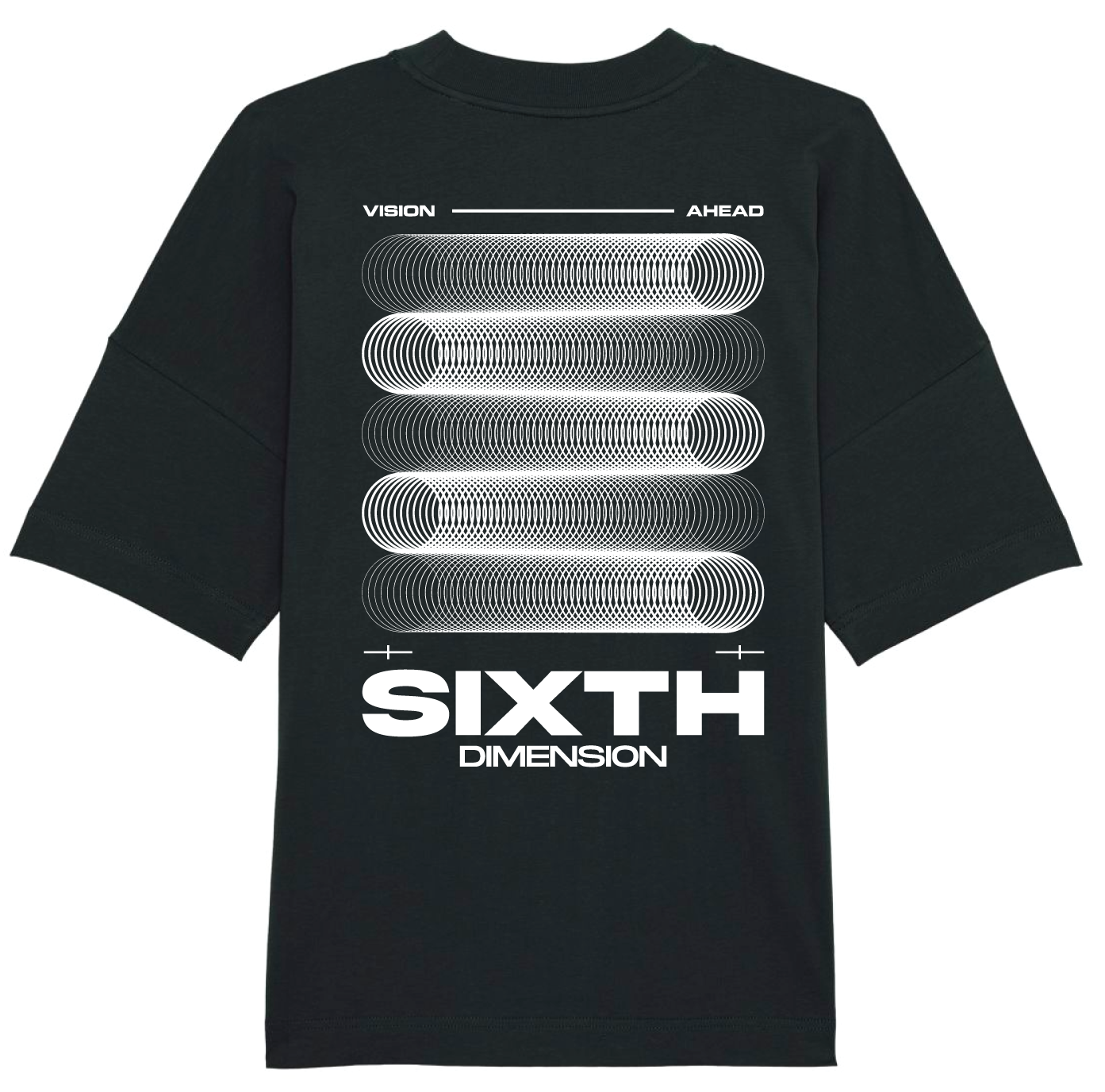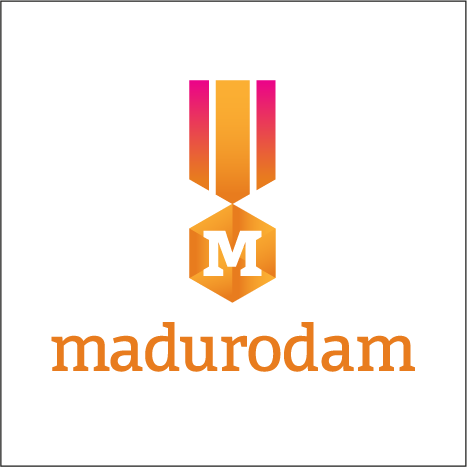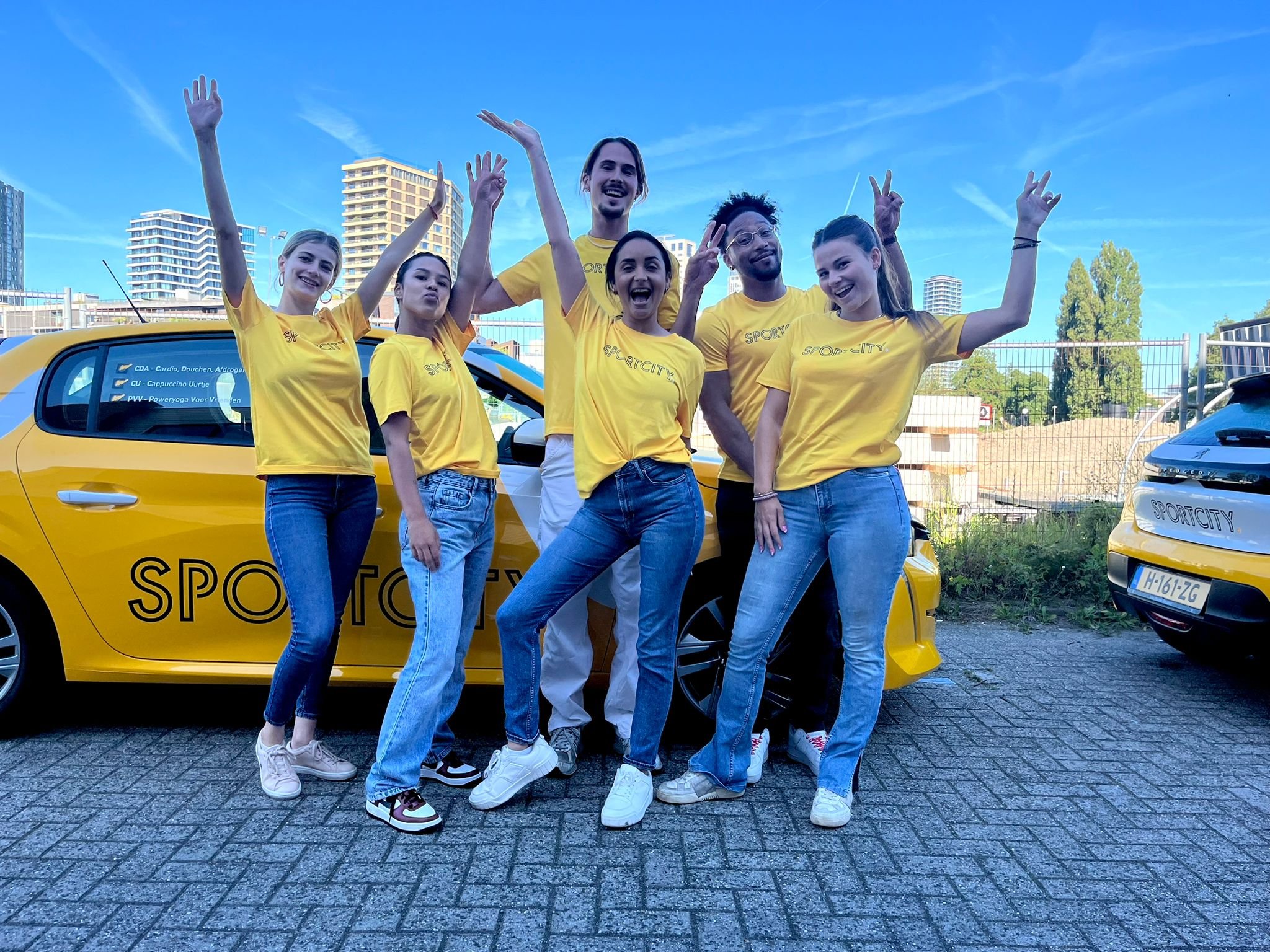
Netraco Textiles staat klaar om u te helpen met uw (duurzame) merkactivatie.
Wij zijn uw partner in ontwerp, duurzaamheid, ontwikkeling en productie.
We hebben een brede kennis van merchandise en premium creaties/ontwikkelingen, en alles is mogelijk.
OUR WORK.
Het begint allemaal met een idee. Misschien wil je een bedrijf starten. Misschien wil je van een hobby iets meer maken. Of misschien heb je een creatief project om te delen met de wereld. Wat het ook is, de manier waarop je jouw verhaal online vertelt, kan alle verschil maken.
ONZE KLANTEN
CUSTOMER CASES.























